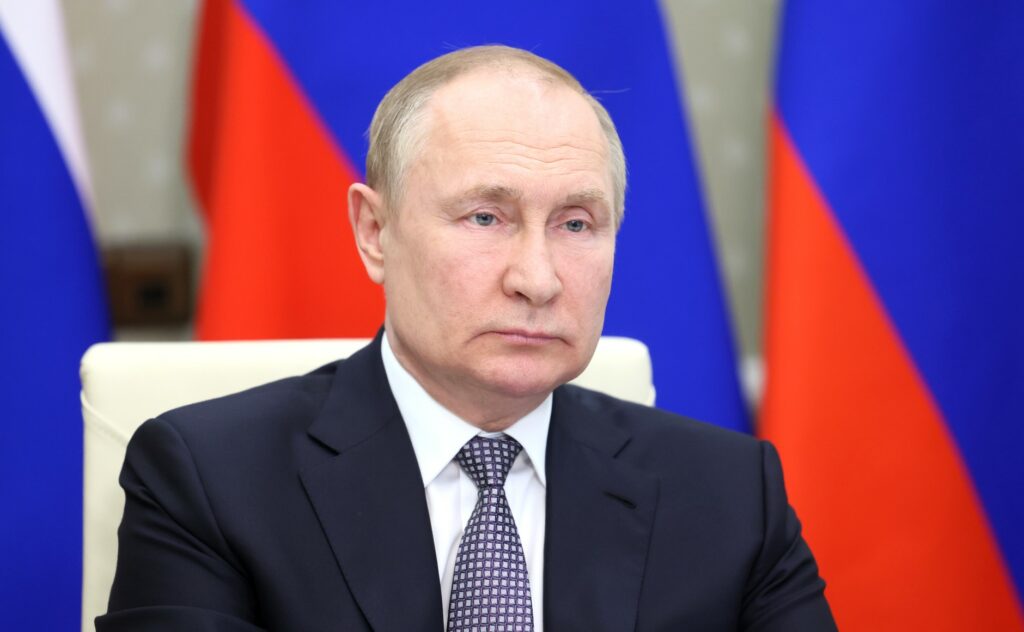Behind the Negotiations That Secured the Release of Hostages from Russia’s Clutches

A few days ago, several Russian political prisoners began vanishing from their respective prison colonies. Lawyers arrived to find their clients missing, leading to widespread concern about their fate. However, as the number of missing prisoners grew, the Russian dissident community sensed an impending trade. The anticipation culminated on Thursday when Russia released Wall Street Journal reporter Evan Gershkovich and 15 other inmates in exchange for eight prisoners held by Germany, the United States, Slovenia, Norway, and Poland, including the Russian assassin Vadim Krasikov. This exchange was the largest and most complicated in U.S. history, marking a significant diplomatic maneuver, according to an op-ed by M. Gessen, Opinion Columnist, in The New York Times.
Origins of the Exchange
The roots of this exchange trace back to early 2022, even before Gershkovich’s arrest. Investigative journalist Christo Grozev and anti-corruption activist Maria Pevchikh were brainstorming a bold plan while walking around Silver Lake Reservoir in Los Angeles. They aimed to swap Russian spies held in Western prisons for political prisoners like Aleksei Navalny, who had survived a poisoning attempt and was later imprisoned upon his return to Russia. The collaboration led to the documentary “Navalny”, which gained significant attention for its dramatic revelation of the assassination attempt.
Escalating Tensions and Urgency
Following Russia’s full-scale invasion of Ukraine in February 2022, the urgency to secure Navalny’s release intensified. The war heightened fears that the Kremlin might no longer hesitate to eliminate its opponents, making the Secret Project Silver Lake — the codename for their swap plan — more critical. Despite initial setbacks, including Germany’s refusal to release Krasikov, the arrest of Evan Gershkovich in March 2023 reignited efforts. The detention of a prominent American journalist presented an opportunity for renewed negotiations.
Strategic Negotiations and High Stakes
Negotiating such a complex deal required navigating a maze of diplomatic and clandestine channels. Grozev leveraged his connections with Russian intelligence contacts, despite personal risks, to push for the swap. The stakes were high; releasing Krasikov, a convicted assassin, posed significant moral and security dilemmas. The German government grappled with the “moral imperative versus moral hazard,” balancing the need to save hostages against the risk of encouraging further hostage-taking by Russia.
Navalny’s Tragic End
In February 2024, the White House fully backed the negotiation efforts. However, the process took a grim turn when Aleksei Navalny died in prison. His death cast a shadow over the anticipated exchange and left the dissident community devastated. The negotiations continued, driven by the hope of freeing other political prisoners and hostages.
The Release and Its Implications
On Thursday, a Russian plane landed in Ankara, Turkey, with 16 freed individuals, including Americans, Germans, and Russians. In return, Russia received Krasikov, a hacker, a businessman convicted of insider trading, and five spies. Among the freed dissidents were journalists, activists, and political figures imprisoned under draconian Russian laws. These charges, often labeled as “trumped up,” reflected Russia’s strategy of using legal frameworks to legitimize hostage-taking.
Future Risks and Reflections
The exchange, while securing the release of several high-profile prisoners, raises concerns about future risks. According to Joel Simon, director of the Journalism Protection Initiative, negotiating with hostage-takers is a complex but sometimes necessary evil. Grozev, however, worries that the swap could embolden Russia to take more hostages, putting dissidents and Westerners at greater risk. The moral hazard of releasing an assassin like Krasikov underscores the dangerous precedent set by such exchanges.
A Mixed Victory
For Grozev, Pevchikh, and the freed individuals, the day of the swap was bittersweet. While 16 people gained their freedom, many others remain imprisoned, and the geopolitical landscape remains fraught with danger. The exchange, facilitated by the tragic death of Navalny, highlights the intricate and perilous nature of international diplomacy and the ongoing struggle for human rights in Russia.

